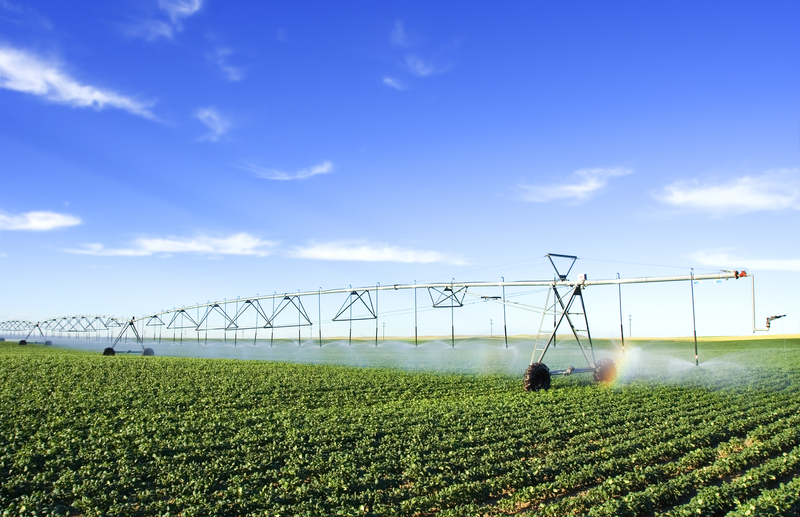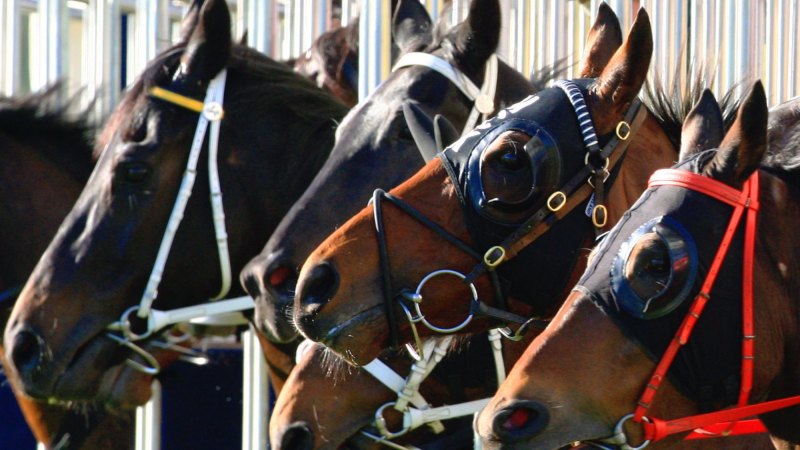
UPDATE: The proposed $300 million hot chips processing facility in Victoria is at a critical juncture, with the Victorian Farmers Federation (VFF) warning that its success hinges on the protection of vital agricultural land. This urgent news comes as farmers face mounting pressures from competing infrastructure projects that threaten their livelihoods.
VFF President Brett Hosking expressed strong support for the investment but raised concerns over the government’s long-term priorities regarding land use. “This facility sits within a few hundred metres of the proposed Avonbank Heavy Mineral Sands Project. It is dependent on a constant and reliable supply from Victoria’s potato growers, who are currently at risk due to the proposed VNI West transmission project,” Hosking stated.
Victoria is Australia’s third-largest potato-growing state, producing over 263,000 tonnes annually, contributing significantly to the $1 billion potato industry. However, the proposed transmission lines are poised to disrupt these growers, jeopardizing their ability to maintain and expand production. “The ability of our farmers to grow potatoes is under serious threat,” Hosking warned.
The VFF is calling for urgent government action, citing a lack of coordination among competing projects that could devastate local agriculture. “It feels like the government is rushing through decisions without considering the consequences,” Hosking added. He emphasized the need for a comprehensive planning roadmap that balances agricultural success with resource development.
Farmers in the region are facing multiple challenges, including competition for a local workforce as agriculture expands. Hosking questioned the wisdom of placing a mining project adjacent to a food manufacturing precinct and critical infrastructure like the Wimmera Intermodal Freight Terminal.
“We need much better planning frameworks that recognize the significance of our farmers and the land they depend upon,” he continued. The VFF advocates for stronger consultations with affected landholders, clearer planning measures, and fair compensation for those impacted.
As this situation develops, stakeholders will be watching closely to see how the government addresses these pressing concerns. The future of the hot chips facility—and the farmers who supply it—hangs in the balance.
For immediate updates on this evolving story, stay tuned as we follow the developments surrounding this critical agricultural issue.






